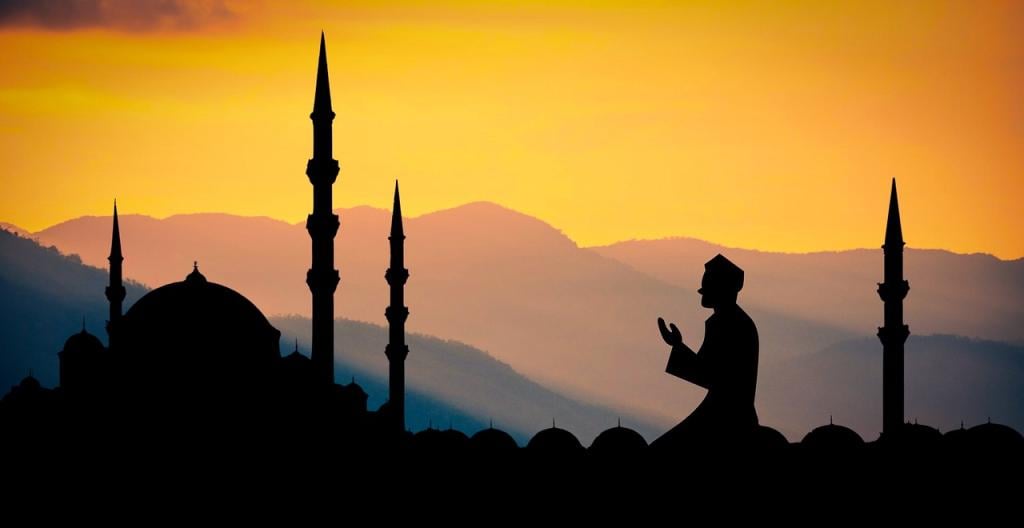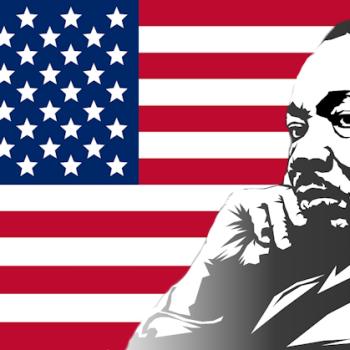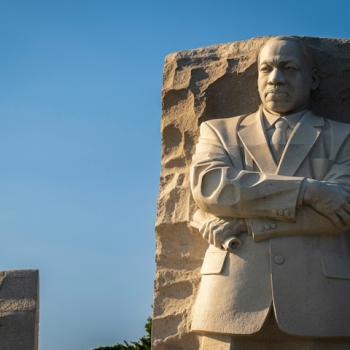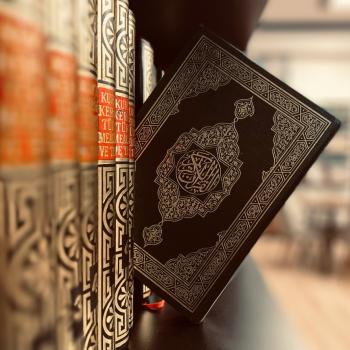
By Imam Khalid Khan,
Muslim Writers Guild of America
Every year, millions of Muslims around the world eagerly embrace the month of Ramadan—a time of fasting, reflection, and spiritual renewal. This ancient practice, observed for centuries across various cultures and religions, is not just about abstaining from food and drink. It’s about deepening one’s connection with God and striving for a life of greater righteousness.
The Historical Roots of Fasting
Fasting is a practice that spans centuries, deeply rooted in various religious traditions. In the Bible, we find references to fasting by prophets such as Moses and other figures of the Israelite tradition. Even Jesus himself fasted for 40 days and nights, as stated in Matthew 4:2-3: “And when he had fasted 40 days and 40 nights, then he felt hungry.”
The Quran too highlights the importance of fasting in Surah Al-Baqarah (2:184), where Allah says: “O ye who believe, fasting is prescribed for you as it was prescribed for those before you so that you may attain righteousness.” This connection across time and cultures underscores the universal purpose of fasting: to seek closeness to God and strive for moral purity.
The Blessings of Ramadan: A Time to Reflect and Reconnect
For Muslims, Ramadan isn’t just a physical challenge; it’s a spiritual opportunity. The month carries immense blessings, many of which were described by the Holy Prophet Muhammad (peace be upon him). Among these blessings is the opening of the gates of Paradise:
– The Chains of Satan and the Opening of Paradise: The Prophet Muhammad (pbuh) told us that from the first night of Ramadan, the forces of evil are restrained, and the gates of Paradise are flung open. “All the gates of Paradise are opened,” he said, creating an environment for believers to focus on their spiritual growth without distraction.
– The True Essence of Fasting: Fasting is more than just abstaining from food and drink. The Prophet Muhammad (pbuh) also cautioned, “If one does not abandon falsehood and deceit, Allah has no need for him to refrain from eating and drinking.” Fasting during Ramadan isn’t just about physical restraint—it’s about purifying one’s heart and actions. It’s about turning away from bad habits and striving for higher moral standards.
Fasting: A Personal Devotion, A Collective Duty
What sets fasting apart from other acts of worship is that it’s a deeply personal experience between the believer and Allah. While other acts of worship might have immediate, tangible rewards, fasting is unique in that the reward itself is with Allah, as He is the ultimate reward for it.
During Ramadan, Muslims are encouraged to increase their devotion. They spend more time in prayer, especially the five daily prayers, and make efforts to engage in additional acts of worship such as the Tahajjud (night prayers). It’s a month of self-discipline, where believers actively seek to better their relationship with Allah.
However, Ramadan is not solely about personal reflection; it’s also about collective responsibility and service to others.
The Spirit of Giving: Fasting as a Path to Social Compassion
Islam places great emphasis on caring for society’s well-being, and Ramadan amplifies this principle. It’s a time not only for spiritual growth but also for charitable giving and fostering empathy for the less fortunate.
Hazrat Mirza Masroor Ahmad (aba), the Khalifa of Islam and Head of the Ahmadiyya Muslim Community, beautifully explains how fasting nurtures a sense of community:
“When fasting is observed with righteousness (taqwa), it brings about a society built on selflessness and sacrifice. One is drawn to the needs of others, especially the underprivileged. During Ramadan, the Prophet Muhammad (pbuh) would increase his acts of charity and generosity. This season of giving not only eases the burdens of the needy but also fosters empathy in those who are well-off, reminding them of the struggles faced by others.”
Thus, Ramadan is a time for both personal transformation and societal change.
It’s about creating a culture of compassion, where believers come together to support one another and work toward the collective good.
A Spiritual Journey for All
As Ramadan unfolds, it serves as a reminder of the power of faith, sacrifice, and compassion. It’s a month that calls Muslims to purify their hearts, strengthen their devotion, and serve those in need. May this blessed month bring spiritual growth and inspire acts of kindness, drawing believers closer to Allah and to each other.













